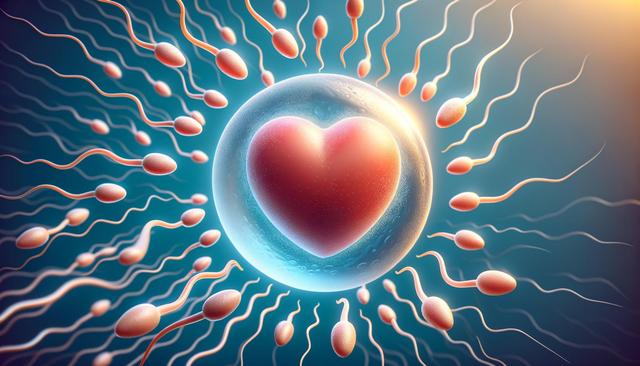Understanding Male Fertility Donation
Male fertility donation, commonly referred to as sperm donation, is a medical and ethical practice that allows individuals or couples facing fertility challenges to conceive. For many, this option opens the door to parenthood when other methods have proven unsuccessful. Donor sperm can be used in various assisted reproductive technologies, including intrauterine insemination (IUI) and in vitro fertilization (IVF). The process involves a healthy male donor providing semen samples, which are then screened and preserved for future use by individuals or clinics.
It’s essential to understand that male fertility donation is a structured and regulated process. Donors typically undergo a comprehensive health screening that includes genetic testing, infectious disease screening, and psychological evaluation. This ensures the safety and well-being of both the donors and the future recipients. The purpose behind this rigorous screening process is to support families who rely on donor sperm to conceive safely and ethically.
Why Male Fertility Donation Matters
Thousands of families each year turn to male fertility donation due to a range of reproductive challenges. These challenges may include male infertility, genetic conditions that a biological father may wish to avoid passing on, or single individuals and same-sex couples desiring to start a family. For these families, sperm donation is not just a medical option—it represents hope and opportunity.
Here are a few common reasons people seek donor sperm:
- Unexplained male infertility or low sperm count
- Medical treatments such as chemotherapy that affect fertility
- Hereditary genetic disorders
- Family-building for same-sex female couples or single women
By choosing male fertility donation, donors contribute to a deeply meaningful cause—helping others achieve their dream of becoming parents. This act of generosity has a lasting impact on the lives of families who may otherwise have limited options.
The Donation Process Explained
For men considering becoming donors, understanding the process helps in making an informed decision. Typically, the pathway to becoming a sperm donor involves several key steps:
- An initial application and interview
- Comprehensive medical and genetic screening
- Psychological evaluation to assess donor readiness
- Donation of semen samples over a period of weeks or months
- Ongoing testing and storage of samples in a secure, regulated facility
Donors are often compensated for their time and commitment, though motivations vary. Some are driven by the desire to help others, while others are interested in contributing to medical science or helping diverse families grow. Regardless of the motivation, the impact on recipient families can be profound.
Legal and Ethical Considerations
Male fertility donation is governed by clear legal and ethical standards to protect all parties involved—the donor, the recipient, and the resulting child. Donors usually remain anonymous, though some programs offer the option of identity release when the child reaches adulthood. This decision is typically made with careful consideration and informed consent.
Key ethical principles include:
- Informed consent from the donor
- Confidentiality of all parties involved
- Clear understanding of parental rights and responsibilities
- Transparency in the use and storage of donated sperm
It is also important for recipients to work with licensed fertility clinics and professionals who follow established guidelines and provide support throughout the process. This ensures a respectful and responsible approach to building families through donation.
How to Get Involved or Seek Help
For those considering becoming a donor or seeking donor sperm to begin or grow their family, there are accessible paths forward. Many fertility centers offer consultations to explain the donation process, eligibility criteria, and steps to take. For recipients, these clinics provide personalized care plans tailored to their reproductive goals and medical history.
If you are interested in helping families facing reproductive challenges conceive, consider the following steps:
- Contact a licensed fertility center or sperm bank for information
- Attend an initial consultation or screening session
- Discuss all ethical and legal aspects with a counselor or advisor
- Make a fully informed decision about participation
Whether you are donating or receiving, fertility services are designed to support your journey with professionalism, care, and respect. Taking the first step can be life-changing—for you and for the families whose lives you touch.
Conclusion: Creating Opportunities for New Beginnings
Male fertility donation plays a critical role in reproductive health by offering a path to parenthood for those who face barriers to natural conception. Whether you are considering becoming a donor or exploring options to grow your family, this process provides a meaningful way to make a difference. By understanding the procedures, legal aspects, and emotional dimensions involved, individuals can take confident steps toward contributing to or benefiting from this life-changing act. Helping families facing reproductive challenges conceive is not just about science—it’s about compassion, commitment, and the shared hope for new beginnings.






